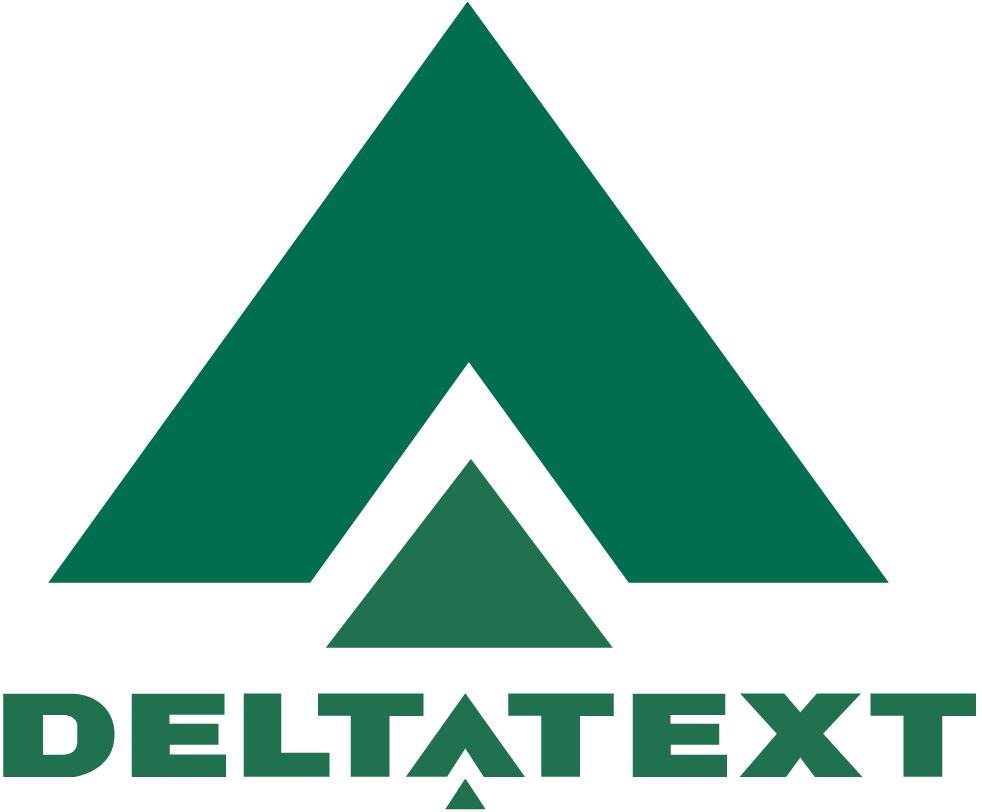A substantial part of the world’s economy includes government procurement. Government Procurement involves the acquisition of goods or services for a public agency. To ensure fair play, (i.e. no unfair advantages, corruption, fraud, or bribery), government procurements publish public tenders. A tender is, in essence, a type of auction, where bidders compete to obtain business, (such as projects, service contracts, or supplies), by submitting proposals that offer competitive prices and quality ideas.
For example, if a government wants to start a construction project (a building, hospital, etc…), they may put it out to tender; that is, the government can announce an invitation for other businesses or agencies to write a proposal for the contract for a construction project. A team will evaluate the proposals of the tenderers and determine a “winner”.
Tendering may follow a double envelope system. This is where each tenderer submits one envelope enclosing the technical proposal, followed by a second envelope with the financial proposal for the contract in question. The purpose of this system is that the evaluation team is not dissuaded by the financial proposal and the bidder is assessed by its ability to meet the requirements and the technical qualities of the project. There can be tenders that are open to all vendors who can guarantee performance, aptly named open tenders; and those that are “invitation only”, where only select, pre-qualified contractors, or restricted tenderers, can submit their bids. They are restricted due to a number of reasons, some of which include: extricating tenderers that cannot perform the task, there is only one supplier that is suitable to the project, confidentiality issues, etc.
All these steps, from establishing a project, to issuing a public tender, to procuring the contracts – and everything in between – require a substantial amount of conceptual information, paperwork, and communication. Procurement is often linked with tenders from foreign issuers, or cross-border tendering. If, for example, there is a tender issued for a project in France, and companies in the US, UK, Germany, etc. want to bid on that tender, all proposals and documentation would need to be translated into the language where the project of the tender is planning to be developed – in this example, French would be the target language. Translations break down the language barriers between nations, so that the country placing the tender can choose a proposal from a wider range of companies.
Entrusting the translation of procurements and tenders to a Language Services Provider or a Translation Agency can greatly facilitate the process of procurements. An agency has at its disposal the tools necessary to handle the translation of high volumes of documentation. Within the agency, a qualified project manager is assigned to these types of projects and delegates a team of experienced professional translators and revisers. This procedure helps to open communications between the bidders and those issuing the procurement, and expands the range of tenders to a global scale.
For more information on our Tender Translation Services, please send us an e-mail or visit our website.
